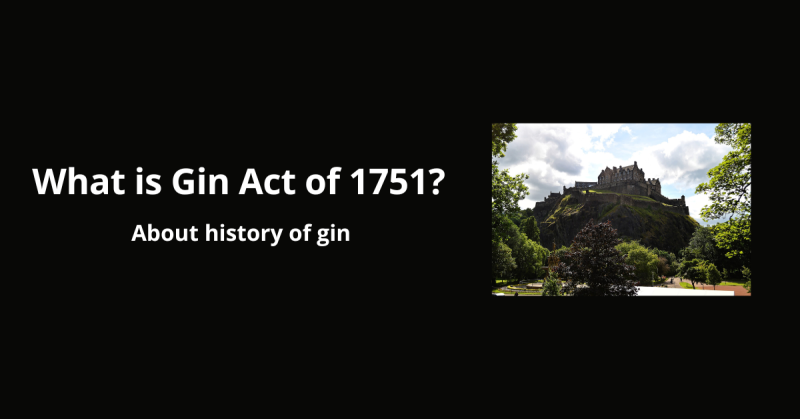The Gin Act of 1751, also known as the “Act for the more effectual preventing the distilling of spirituous liquors in Great Britain,” was a piece of legislation passed by the Parliament of Great Britain in an effort to reduce the consumption of spirits, particularly gin.
At the time, gin was becoming increasingly popular, especially among the lower classes, and was seen as a major social problem due to its association with crime, poverty, and social disorder.
The Gin Act imposed a high tax on the sale of gin and required that retailers obtain a license in order to sell the spirit. It also imposed stricter regulations on the production of gin, including requirements for the use of certain types of stills and the use of only certain types of ingredients.
Despite its intentions, the Gin Act had the opposite effect of what was intended. The high tax and strict regulations led to an increase in illicit production and smuggling of gin, and the act was widely unpopular and difficult to enforce. It was eventually repealed in 1754, after which gin consumption began to decline. However, gin remained a popular spirit in Britain and continued to be enjoyed by people of all social classes.
